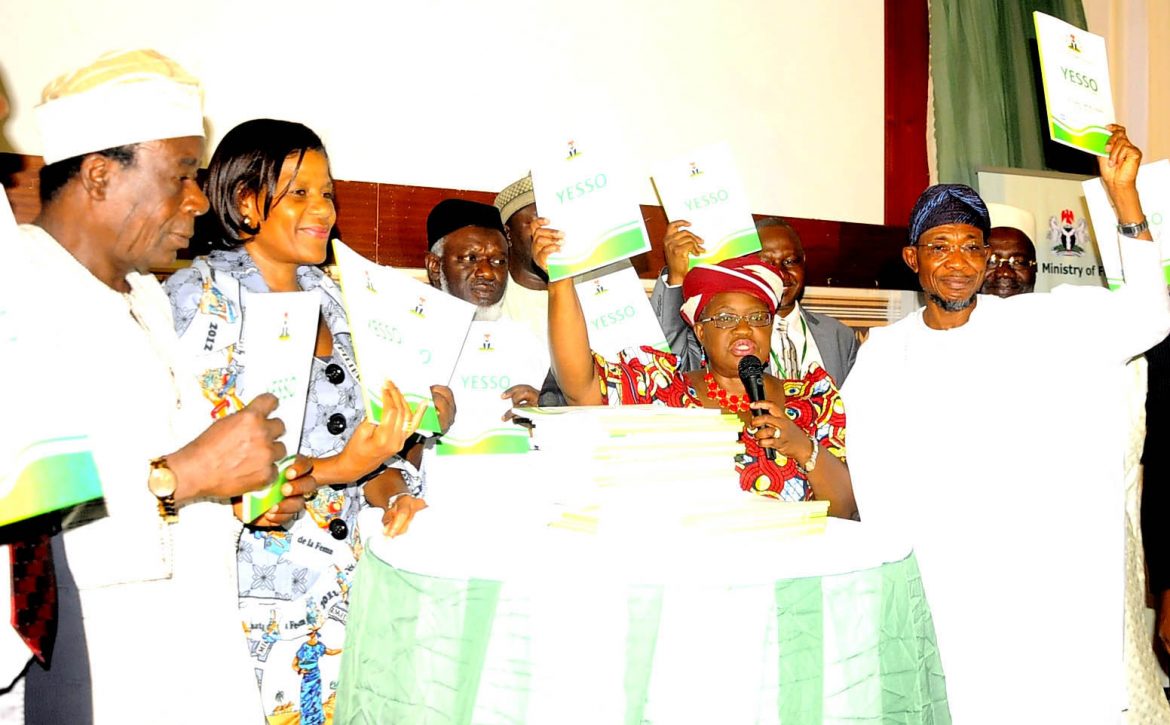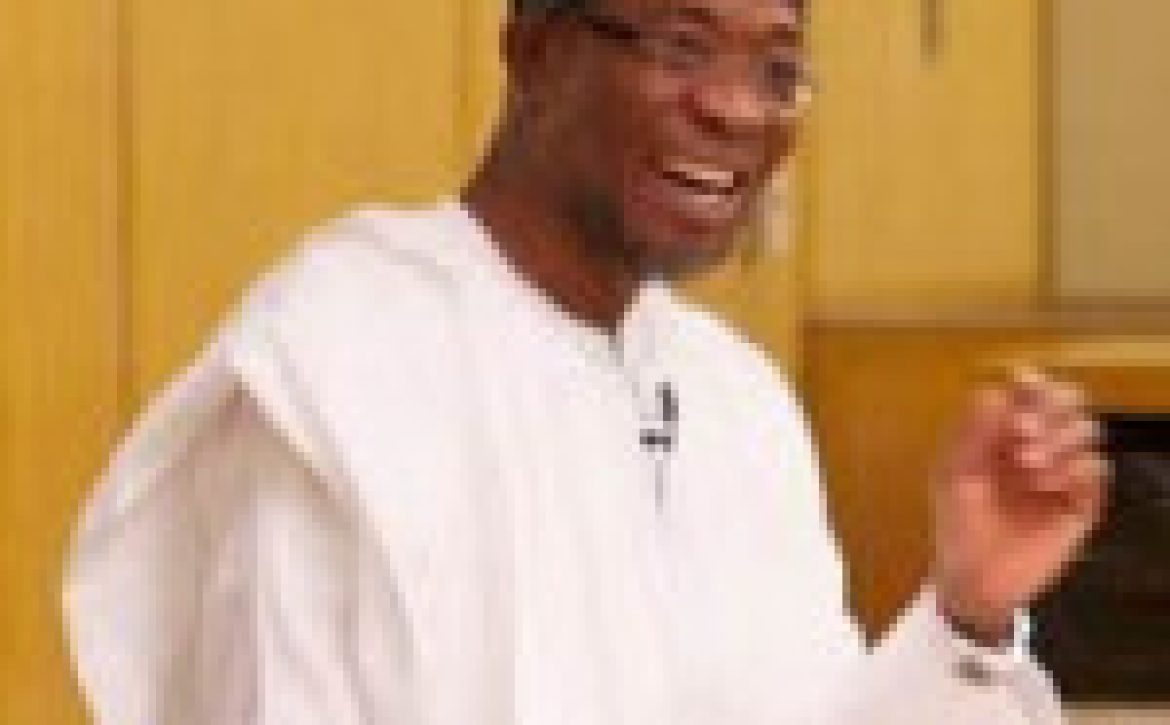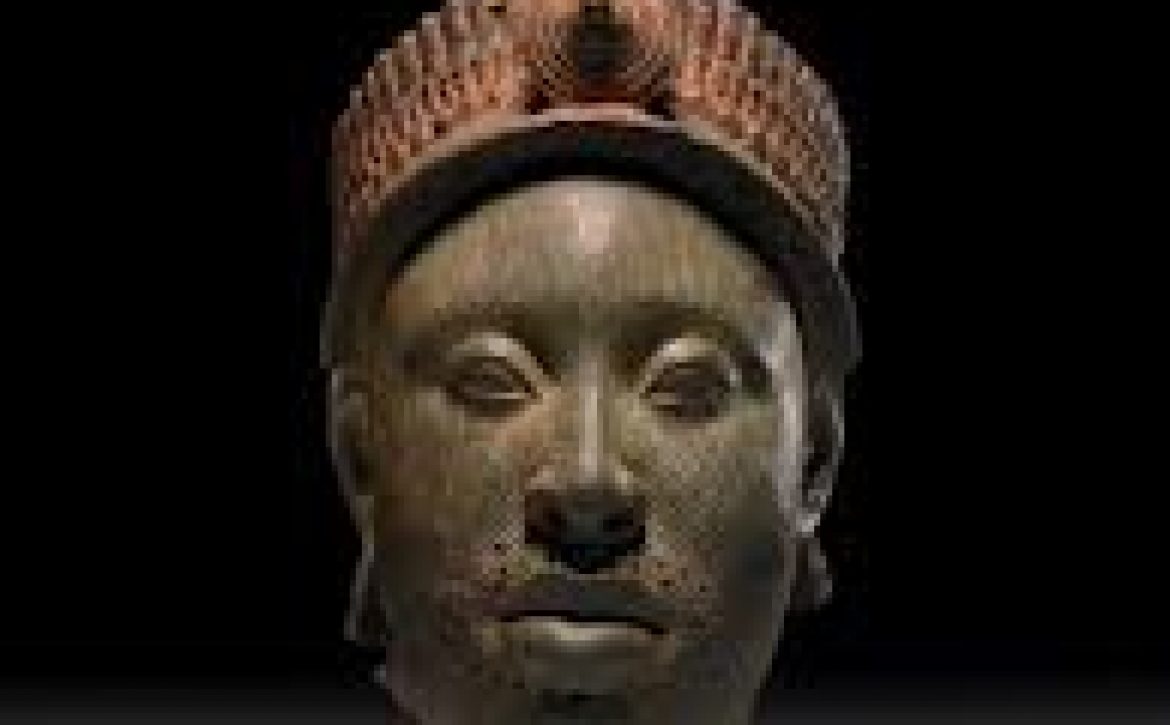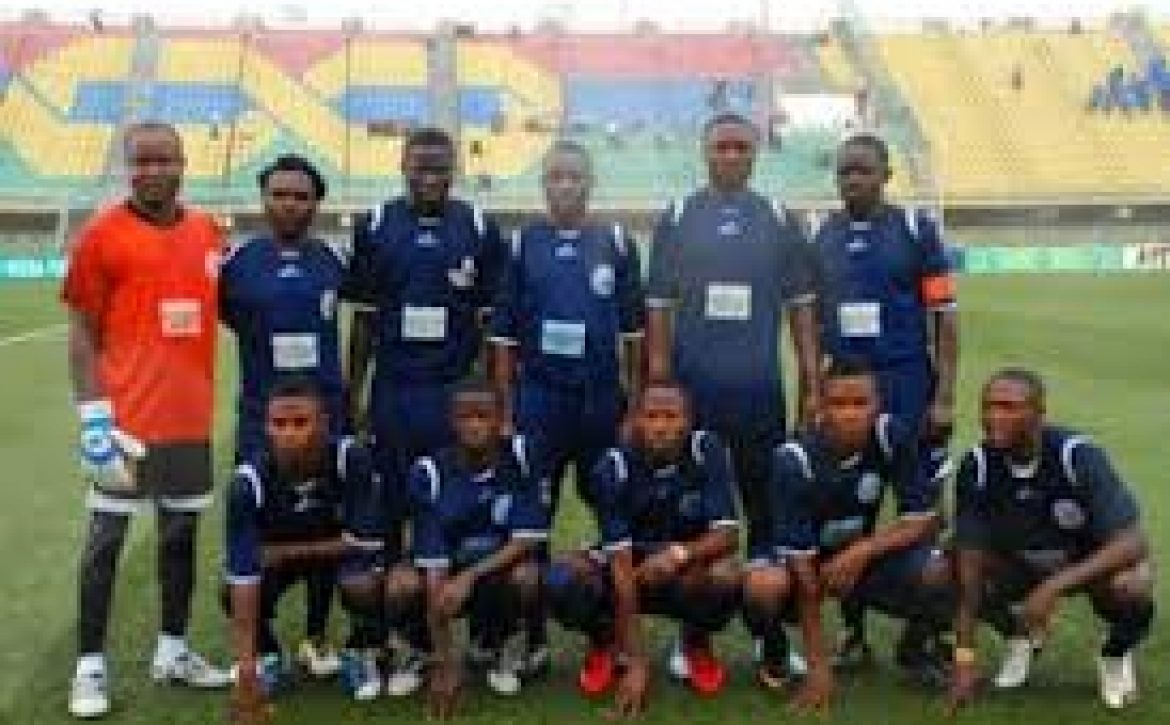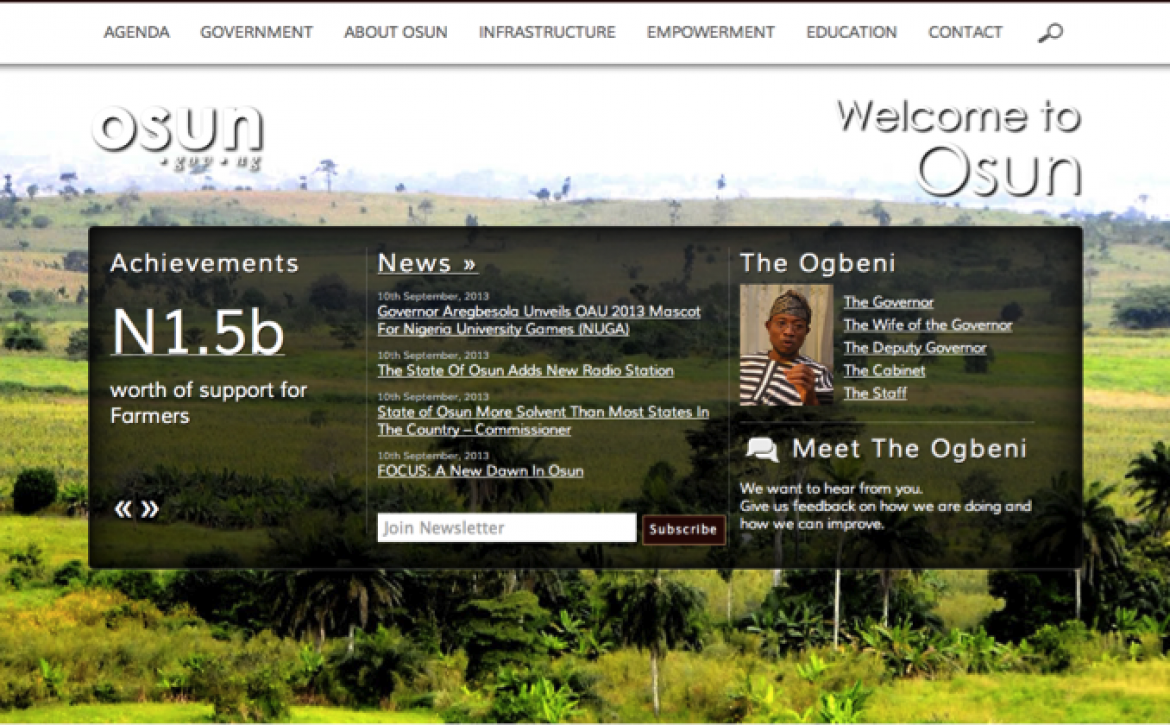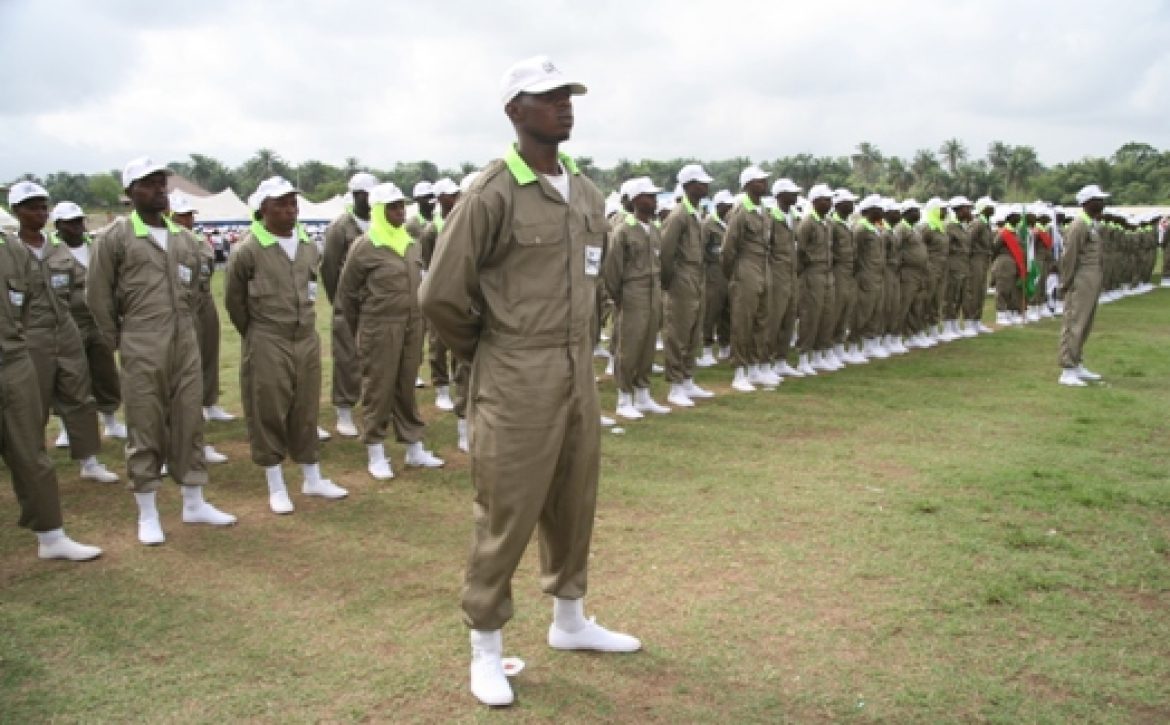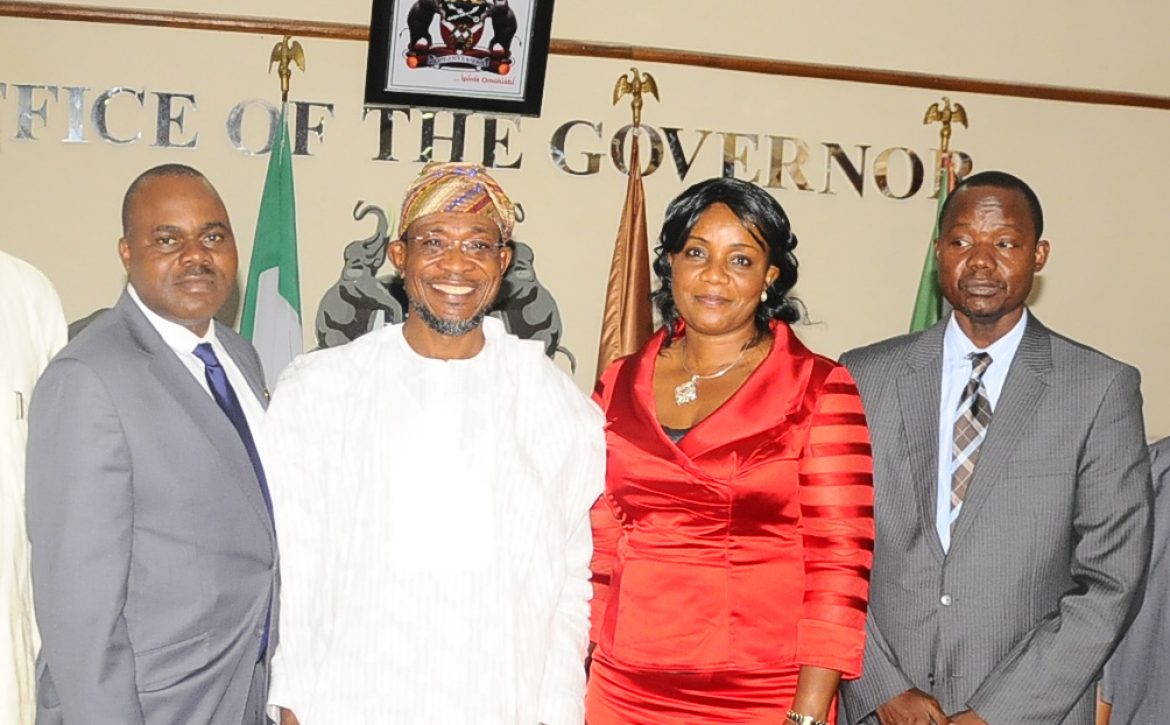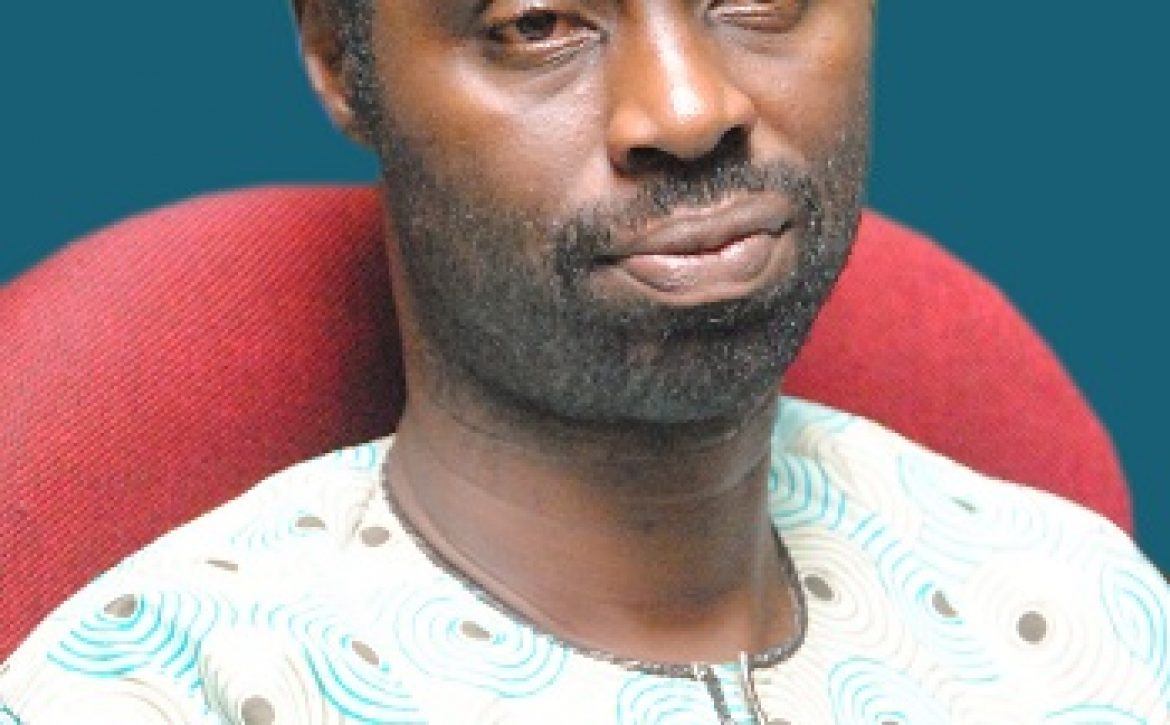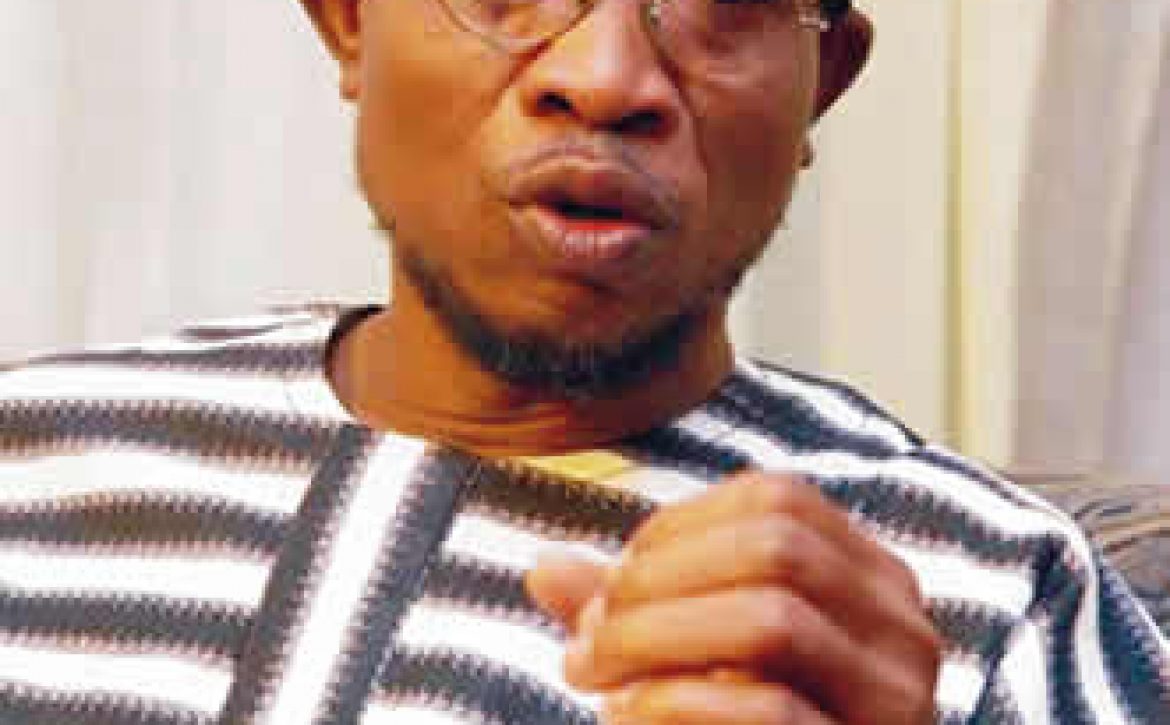
In furtherance of her drive for innovation and transparency, the state government of Osun is unveiling a new online platform under its ‘New Media’ plans. The government, through this effort, seeks to raise the bar of public engagement and deepen the Osun brand in the increasingly vibrant Nigerian online space.
The Osun New Media Project seeks to provide the global online audience with a one-stop shop for uniquely robust coverage of Osun. This online platform will break from convention by showcasing information beyond the state government. The platform will avail the public of such information that is more relevant to the needs of citizens (local and diaspora), investors and interested parties.
 Speaking on this innovation of the State, the Director, Bureau of Communications and Strategy, Office of the Governor, Mr. Semiu Okanlawon said “We find ourselves repeatedly faced with the challenge to be ahead in passing information to the people of the State. The daily evolution of communication platforms, distance and availability plus the need to evolve with time in providing platforms that make the information relevant and appealing provided the motivation for this initiative. Now you don’t only see the pictures, you know the story; you know the contacts and can really be a citizen of choice. With the new website, transparency, openness and an opportunity for everyone to see, experience and be a part of the growth and development of the state just became a reality…what more can the people ask for? I am happy and proud to be a part of this innovation and I invite everyone to explore our world.”
Speaking on this innovation of the State, the Director, Bureau of Communications and Strategy, Office of the Governor, Mr. Semiu Okanlawon said “We find ourselves repeatedly faced with the challenge to be ahead in passing information to the people of the State. The daily evolution of communication platforms, distance and availability plus the need to evolve with time in providing platforms that make the information relevant and appealing provided the motivation for this initiative. Now you don’t only see the pictures, you know the story; you know the contacts and can really be a citizen of choice. With the new website, transparency, openness and an opportunity for everyone to see, experience and be a part of the growth and development of the state just became a reality…what more can the people ask for? I am happy and proud to be a part of this innovation and I invite everyone to explore our world.”
This innovation in content will include information on; Osun Social and Emergency Services, Profiles and Contact Details of Key Officials across all levels and arms of Government, The Osun Development Agenda, Programmes and Projects, A Socio – Cultural – Historical documentation of Osun, A showcase of the Osun brand. Effectively, the project seeks to establish the new online platform as a portal to all information concerning the state.
The platform boasts of a few interesting citizens engagement features that are arguably firsts among government websites in the country. These features are such that allow for deeper interactivity with citizens, investors and interested parties. It is believed that the provision of such features will bring governance closer to the people and consequently engender development.

Know Your Reps, is one of such new features that the platform offers. As the name suggests, the feature allows the average Osun citizen to access the profile details of key elected and/or appointed officials that serve the citizen’s respective constituency. Effectively, the feature provides the average citizen with a personalized list of representatives that serve him/her.
The feature works, by showcasing the profile details (Name, Office and Contact) of the Local Government Chairman/Executive Secretary, State House of Assembly Member, Federal House of Representative and Senator once the citizen (based anywhere in the world) indicates his/her local government.
 Mr. Aderemi Ojikutu, Director, Department For Online And Mobile Technologies spoke proudly of this the new media direction of the State in achieving its overall goals, “ Electronic communication has evolved over the years and is becoming the mainstay of communications across the Globe. The State of Osun sees this as a call to action given its need to constantly engage the people of the state and beyond in the governance of the State. The strategy behind giving the state a new look online is driven by the urge to continuously relate and engage with the public via the platforms they use daily. The portable mobility of the Internet makes it the most powerful information dissemination tool till date and we want to be at the forefront of that space. Strategy and Technology are the main drivers for the success of this new face for the State of Osun Online. osun.gov.ng is a true technological success”
Mr. Aderemi Ojikutu, Director, Department For Online And Mobile Technologies spoke proudly of this the new media direction of the State in achieving its overall goals, “ Electronic communication has evolved over the years and is becoming the mainstay of communications across the Globe. The State of Osun sees this as a call to action given its need to constantly engage the people of the state and beyond in the governance of the State. The strategy behind giving the state a new look online is driven by the urge to continuously relate and engage with the public via the platforms they use daily. The portable mobility of the Internet makes it the most powerful information dissemination tool till date and we want to be at the forefront of that space. Strategy and Technology are the main drivers for the success of this new face for the State of Osun Online. osun.gov.ng is a true technological success”
With such information at their disposal, Osun citizens will be able to enquire or follow-up on development issues, directly with their elected representatives in various levels of government. It is believed that such multilevel personalized contacts list is unprecedented in our country.
The online platform also provides a dynamic, citizens feedback feature, aptly named Meet the Ogbeni. Through this tool, users will be able to channel messages or enquiries to government from the comfort of their homes or offices. Meet the Ogbeni will work by providing the user with a facility to post messages covering diverse aspects of governance (Agriculture, Infrastructure, Education et al) to government. The system seeks to provide swift feedback to enquiries and messages made.

OGBENI RAUF AREGBESOLA –EXECUTIVE GOVERNOR OF THE STATE OF OSUN endeared everyone to use the tool asking that they take the chance and connect with him. He stated “In furtherance of our Open Government policy, we present the website as an innovative tool to deepen citizen – government engagement. It helps the citizen to easily identify and engage with state representatives at various constituency levels and provides the necessary Information about the state and its programmes. I especially love the daily Newsletter and the mails I get daily via the Meet the Ogbeni section; so I implore you to visit, use and share this great innovation as we continue to bring you closer to us”
Towards a richer user experience, the platform boasts in addition, such features as
- Profiles directory where resumes and official contact details of key officials across all levels and arms of government are accessible.
- Contacts directory for key social and emergency services provided by Government.
- An electronic newsletter service, that provides daily updates on government activities.
- An engaging display of Achievements in numbers of the current administration.
- An automated integration of news content across multiple social media channels.
- A sleek, ‘easy on the eye’ and multi-device user interface design.
- A robust search facility.
The new Osun Online Platform is billed to be beneficial in multiple levels. The platform will help in advancing the state’s Transparency and Innovation goals, consequently setting a new high for government online channels.
For the People, the platform will avail them the opportunity to Know and engage more with government. They will be better placed to call the attention of leaders to the issues that concern them. For investors, the platform will provide a simple interface to assess the state’s development plans, synergize and easily communicate with government for further enquiries. For the Government, the platform will serve as a medium to reach out quicker and more efficiently to the global audience.
Osun Online Platform is accessible from www.osun.gov.ng





